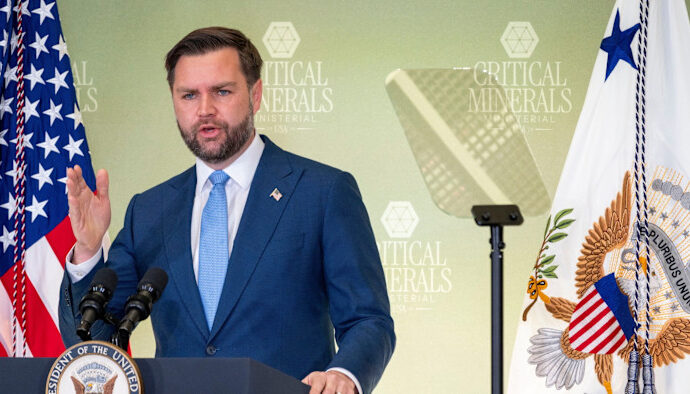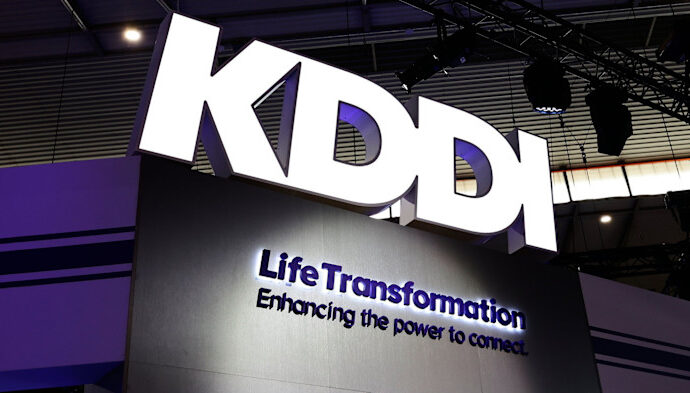Stay informed with free updates
Simply sign up to the War in Ukraine myFT Digest — delivered directly to your inbox.
The US has pressured G7 countries to hit India and China with tariffs of up to 100 per cent for buying Russian oil in an attempt to force Moscow into peace talks with Ukraine, according to a document seen by the Financial Times.
In a video call on Friday, finance ministers from the G7 leading economies discussed a US proposal for a round of new measures as President Donald Trump steps up efforts to broker a peace deal in Ukraine.
“The G7 should immediately impose 50-100 per cent secondary tariffs on China and India for their purchases of Russian crude oil,” according to a US position paper sent to G7 members ahead of the call and seen by the FT.
“The G7 should target the enablers and profiteers, mostly in China and India, to stop them from prolonging this war,” adds the document.
Trump this week urged the EU to impose up to 100 per cent tariffs on China and India but is now expanding the push to include G7 allies.
“Chinese and Indian purchases of Russian oil are funding [Russian President Vladimir] Putin’s war machine and prolonging the senseless killing of the Ukrainian people,” said a US Treasury department spokesperson.
“Earlier this week, we made it clear to our EU allies that if they are serious about ending the war in their own backyard, they need to join us and impose meaningful tariffs that will be rescinded the day the war ends,” they added.
The US last month increased tariffs on Indian imports to 50 per cent over the country’s purchases of Russian oil. In April, Trump sharply increased tariffs on Chinese imports but scaled them back in May after a market backlash.
EU officials know that imposing such steep tariffs on two key trading partners would be difficult given the economic impact and likely retaliation from Beijing. The bloc is hoping to seal a trade deal with New Delhi within weeks as it seeks closer ties with a rising Asian power.
UK Prime Minister Sir Keir Starmer will try to convince Trump during his state visit to Britain next week to agree to more targeted sanctions on Chinese and Indian companies behind imports of Russian oil rather than across-the-board tariffs that could “start a trade war”, UK national security adviser Jonathan Powell told the FT.
London announced sanctions on 100 Russian oil tankers, companies and individuals on Friday.
According to the G7 memo, the Trump administration also wants countries to seize hundreds of billions in frozen Russian state assets, the bulk of which is immobilised in Belgium. While the EU has agreed to use the profits generated by the frozen assets to fund Ukraine, many capitals including Berlin and Brussels are wary of seizing the underlying assets for fear of market instability and legal challenges.
The US has also called for sanctions on Rosneft, the largest Russian oil company, tighter bans on Russian shipping and sanctions on the Russian financial sector including its Mir payment system. Mir has largely replaced Belgium-based Swift, which became inaccessible to Russian lenders after the 2022 invasion of Ukraine.
Brussels is aiming to bring forward a 2027 deadline for its member states to stop buying Russian oil and gas.
That, three European officials said, would require Trump to put pressure on Hungary and Slovakia, two countries led by pro-Russia leaders who continue to buy Russian oil via pipeline and have vetoed tougher EU sanctions in the past.
The EU is already debating whether to impose sanctions on China for buying cheap Russian oil and gas.
Dan Jørgensen, EU energy commissioner, met US energy secretary Chris Wright on Thursday to discuss replacing Russian liquefied natural gas for American supplies. “We need, as fast as possible, to make sure that we get rid of the dependency that we still have . . . on Russian energy,” he said.
The EU still buys about a fifth of its gas from Russia, down from 45 per cent before the invasion of Ukraine in 2022.
Canada, which holds the G7 presidency, also faces a dilemma over such a move. In June Prime Minister Mark Carney launched an effort to rekindle relations with India after a two-year rift. Similar overtures have been made to Beijing, as Canada diversifies its economy away from the US.
Additional reporting by Paola Tamma in Brussels and Ian Johnston in Paris


